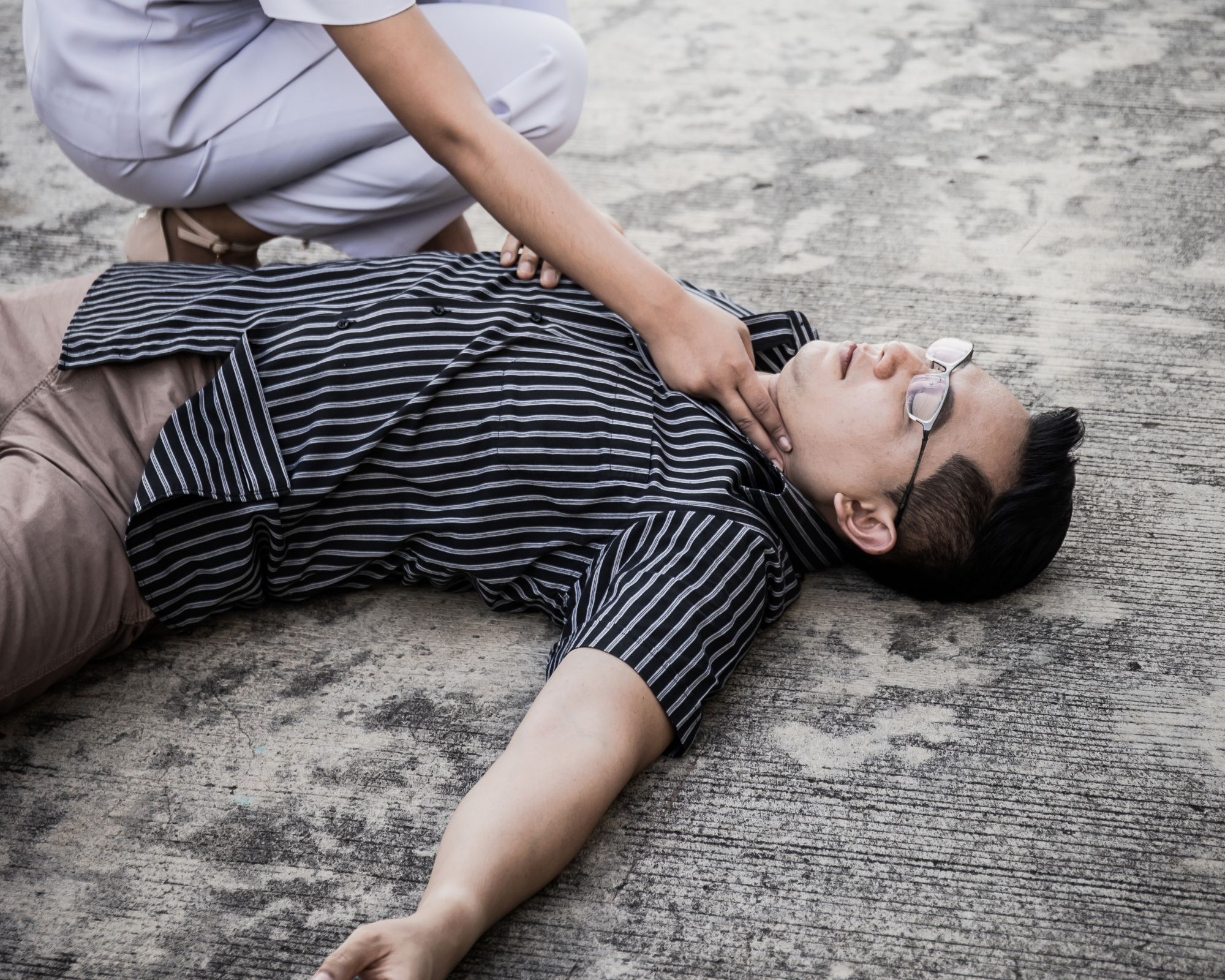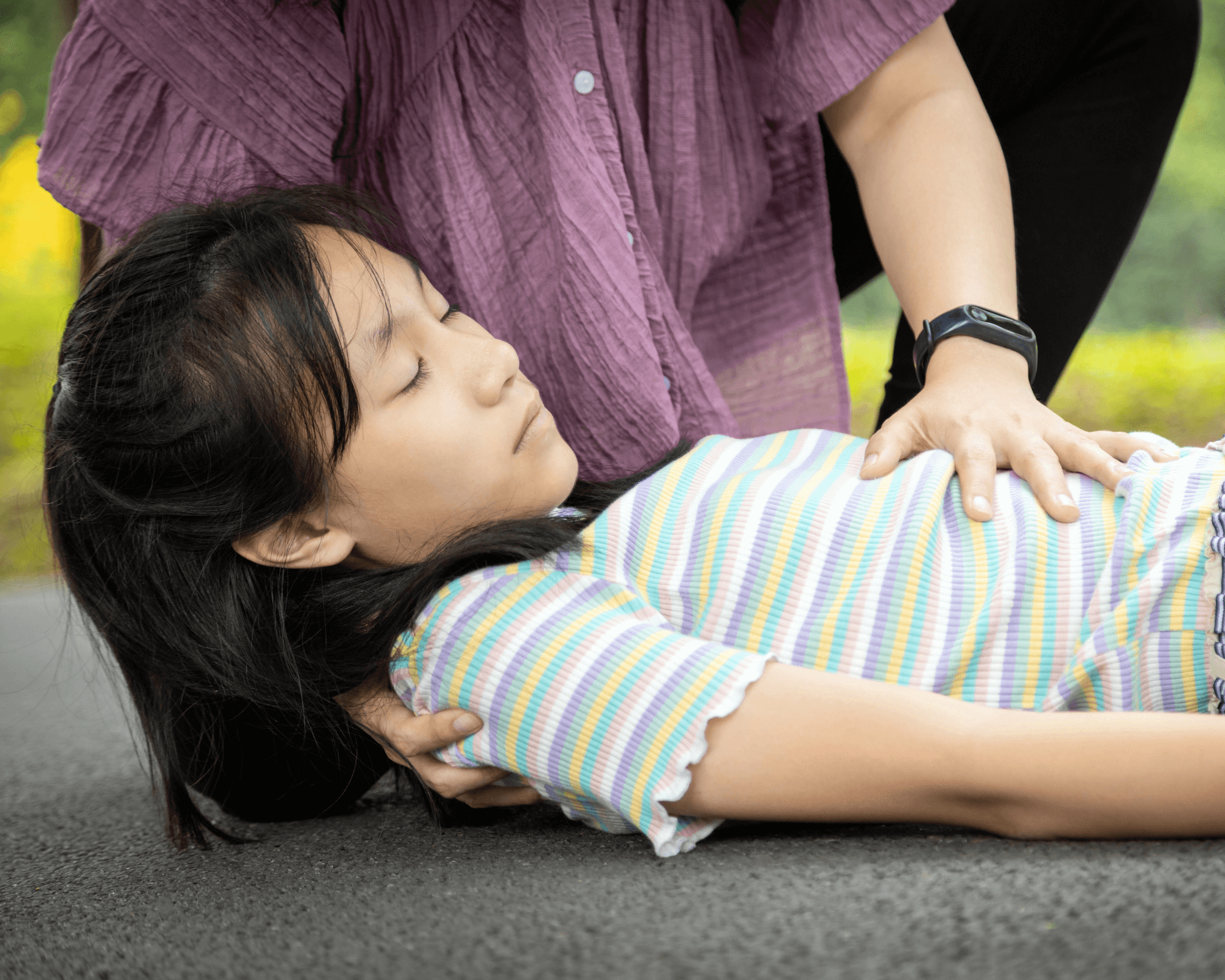Firstly Know “Epilepsy”
Epilepsy is a problem that is commonly found in people of all ages. It is not contagious, and it is a disease that is caused by many different types. It may be inherited depending on the type of Epilepsy and can be found in people at any age.

Seizures are caused by abnormal electrical currents in the brain. If an abnormal current occurs and disturb only some part of the brain, it will cause simple partial seizure while the patient is still conscious. Id the patient is unconscious while convulsing, it’s called Absence Seizures.
Causes of Epilepsy.
- Brain scars such as brain infections, traumatic brain injury, prolonged or repeated childhood high fever seizures, brain hypoxia, brain concussions during the womb.
- Genetic disease.
- Brain nodules, such as brain tumors, brain parasites.
- Atypical cerebrovascular disease, stroke, or ischemic cerebrovascular disease.
- Physical diseases such as high or low sodium in the body, high or low blood sugar, liver disease, kidney disease.
- Drinking, drug addiction, poisoning.

Signs and symptoms.
- Abnormal electrical currents can interfere a part of the brain that controls functions in the body, causing symptoms while patient are conscious, for example, repeated numbness or twitching of one of the limbs or face without being able to control. In addition, there may be nausea, abdominal pain, fear, strange sensations, dream-like sensations auditory hallucination, visual hallucination, or irregular heartbeats.
- Generalized tonic-clonic seizure is caused by abnormal electrical currents that disrupt the entire brain's functioning leading to seizure which is called “whole body seizure” or “Epilepsy”. The most common type is whole body seizure. The patient immediately loses consciousness and falls. The muscles are tensed throughout the body. Eyes will remain open, saliva foaming up at the mouth, may bite one's tongue or urinate. The duration of seizures lasts about 2-3 minutes after seizures and is often exhausted and sleeps after the seizure stops.
- Absence seizures are common in children. Symptoms occur for a very short time. Patient will stare forward aimlessly for a short period of time, like being introspective, for 2-3 seconds, and then resume the lingering action, often without limb movement.
Diagnosis.
Doctors will diagnose epilepsy based on the seizure characteristics data obtained from the patient and the person who sees the patient during the seizure (sickness history in the past and present as well as family history) physical examination, Electroencephalography (EEG) tests. Other diagnoses may sometimes be necessary, such as magnetic resonance imaging (MRI), and 24 hours brainwave examination with video.
Treatment.
- Medication treatment using drugs to help adjust abnormal electrical currents in the brain to return to normal, which takes approximately 2-5 years to take the drug before the doctor can consider stopping the drug. About 60-70% are completely cured from epilepsy. There are more than 10 types of anticonvulsants available at the present, each of which works well for different types of seizures.
- Surgery treatment: It is now considered standard treatment worldwide in patient with brain scar and drug resistance including patient with seizures that cause harm or have a large impact on work and society. However, prior to surgery, a complete physical examination is required.
First aid for patient having a seizure.
- When you see a patient having a seizure, stay calm and don't panic.
- Lay the patient on his/her side with his/her head turned to one side in order to prevent choking and the tongue fell to obstruct the air.
- Loosen patient’ clothing.
- Do not use fingers or other objects to pry the patient's mouth during seizure because it may be dangerous to the patient and helpers.
- After seizure, patient may remain confused. While the patient still unconscious, do not hold the patient as this will encourage the patient to engage in violent fighting.
- If the patient falls asleep after seizure, let the patient sleep. Do not give food or medicine until the patient is recovered as it may cause choking.
- Take the patient to the hospital as quick as possible.
Dr. Kanitta Suwansrinon
Specialty Neurology
Neuro.Science Center of Excellence | Bangkok Hospital Chiang Mai
Tel. 052 089 888 Or Call Center 1719